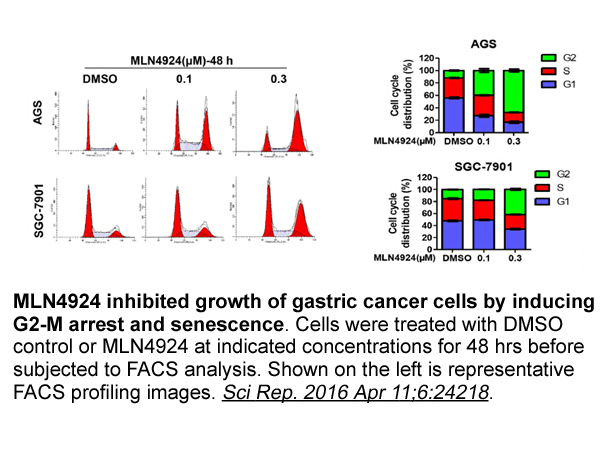Archives
br Conflict of interest br Acknowledgments
Conflict of interest
Acknowledgments
This work was financially supported by Associação Fundo de Incentivo a Pesquisa (AFIP). We thank Altay Alves Lino de Souza and Instituto Datafolha for their important support in the current study. LB, MLA and ST are recipients of CNPq fellowship (#300674/2013-9 to LB, #305177/2013-3 to MLA, and #301974/2011-0 to ST).
Introduction
While all sensory processing persists during sleep, the auditory input is particularly relevant for continuously monitoring the environment [1,2].
Several treatment strategies of tinnitus are based on sound st imulation and evidence indicates that they purchase Cyclosporin A are more effective if sound mimics the tinnitus [3]. All these protocols conduct sound stimulation during the day, while patients are awake. Based
imulation and evidence indicates that they purchase Cyclosporin A are more effective if sound mimics the tinnitus [3]. All these protocols conduct sound stimulation during the day, while patients are awake. Based  on the knowledge that auditory processing continues during sleep [2] and that a relationship between learning and memory and sleep stages has been established, our group has embarked a new strategy for the treatment of idiopathic subjective tinnitus. A protocol of customized sound stimulation during sleep has resulted in a decrease in the subjective intensity, significantly improving the patients’ quality of life [4].
It has been argued that slow wave sleep is important for declarative memory and that working memory is processed mainly during REM (Rapid Eyes Movements) sleep; however, the integrity and interaction of the different sleep stages for learning and memory process have also been suggested [5–8]. Slow EEG oscillations (less than 1Hz) have been involved in the consolidation of long-term memory [9] and in the homeostatic regulation of synaptic connections [10]. Rhythmic acoustic stimulation induces K-complexes, which are considered a “forerunner” of slow oscillations in slow wave sleep stage [6,11]. Slow oscillation during slow wave sleep promotes consolidation of memory and the post-sleep facilitation of encoding new memories [12]. Slow waves may be modulated by low-frequency auditory stimulation [13]. Studies with functional magnetic resonance showed that auditory cortical activity is maintained during sleep but varies with stimulus significance [14,15].
on the knowledge that auditory processing continues during sleep [2] and that a relationship between learning and memory and sleep stages has been established, our group has embarked a new strategy for the treatment of idiopathic subjective tinnitus. A protocol of customized sound stimulation during sleep has resulted in a decrease in the subjective intensity, significantly improving the patients’ quality of life [4].
It has been argued that slow wave sleep is important for declarative memory and that working memory is processed mainly during REM (Rapid Eyes Movements) sleep; however, the integrity and interaction of the different sleep stages for learning and memory process have also been suggested [5–8]. Slow EEG oscillations (less than 1Hz) have been involved in the consolidation of long-term memory [9] and in the homeostatic regulation of synaptic connections [10]. Rhythmic acoustic stimulation induces K-complexes, which are considered a “forerunner” of slow oscillations in slow wave sleep stage [6,11]. Slow oscillation during slow wave sleep promotes consolidation of memory and the post-sleep facilitation of encoding new memories [12]. Slow waves may be modulated by low-frequency auditory stimulation [13]. Studies with functional magnetic resonance showed that auditory cortical activity is maintained during sleep but varies with stimulus significance [14,15].
Material and methods
Results
The hypnograms of all patients showed a normal proportion of sleep stages, normal latency to sleep, with physiological ultradian rhythm present, confirming previous results that sound stimulation does not affect sleep cycle. Furthermore, in the clinical interview all patients recognized that with the sound stimulation they were less anxious and better predisposed to sleep [4] (Fig. 1).
Discussion
While we know that in the spontaneous sleep there is a progressive change throughout the night on the power of the waves, our results show specific changes and sometimes go in the opposite direction to those described as part of the processes of homeostasis sleep [16]. We cannot rule out, however, that the natural evolution of sleep is also influencing our results.
These results demonstrate, once again, the functional interactions between auditory sensory input and sleep, in this particular case in patients suffering from tinnitus. Tinnitus is considered a misperception that appears without an external sound and involves many levels of the brain activity [17,18]. Sound stimulation during sleep in subjects with tinnitus intended to induce changes in the neural networks, motivated by the fact that auditory processing continues during sleep [2,4] and the role of sleep in learning [5].
These results are consistent with previous studies supporting the idea that all sleep stages are necessary for information processing and learning during sleep [5]. The power of delta and theta bands, prominent during sleep, increased with sound stimulation, thus strengthening their putative role. Previous studies of unitary activity in animal models have also strengthened the idea that delta and theta frequencies play an important role in sound processing during sleep [19–21]. Patients with fewer changes were those in which the tinnitus had disappeared or had decreased remarkably. However, the small number of patients does not allow speculate conclusions.